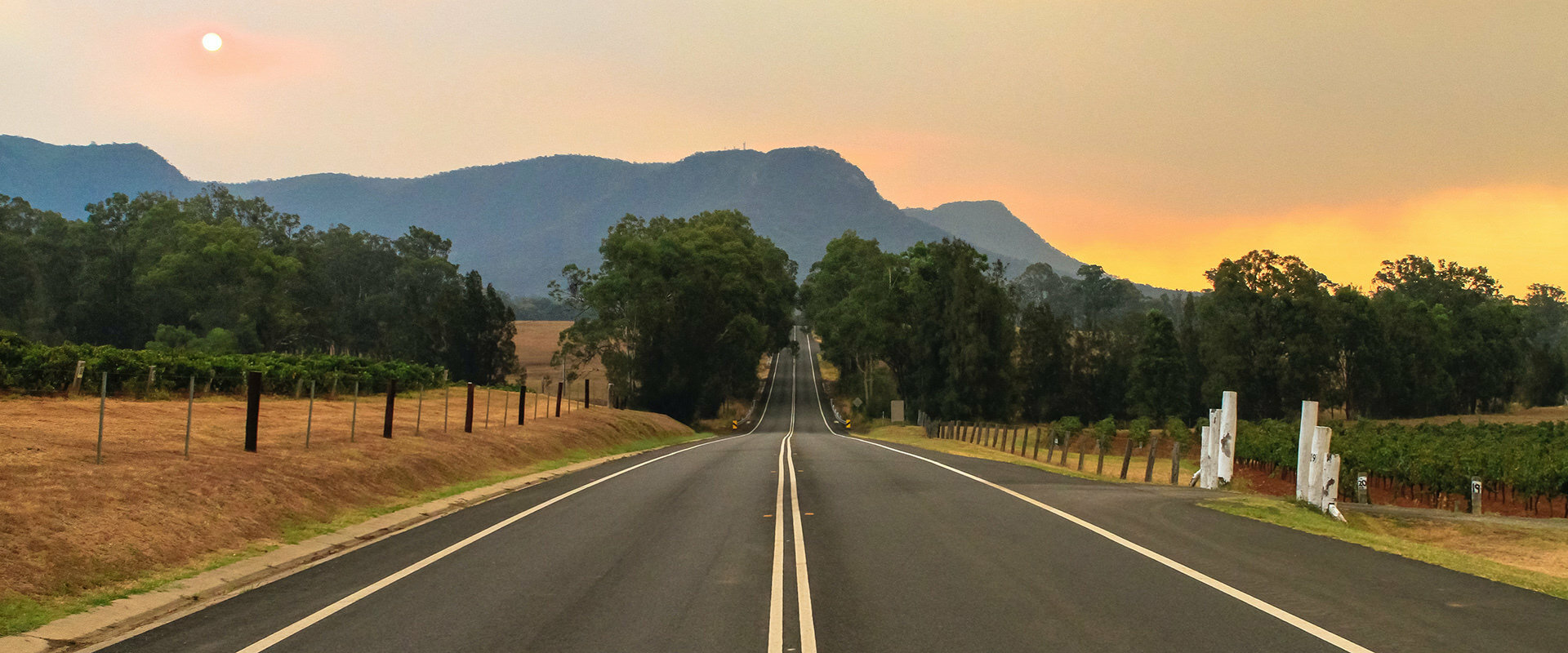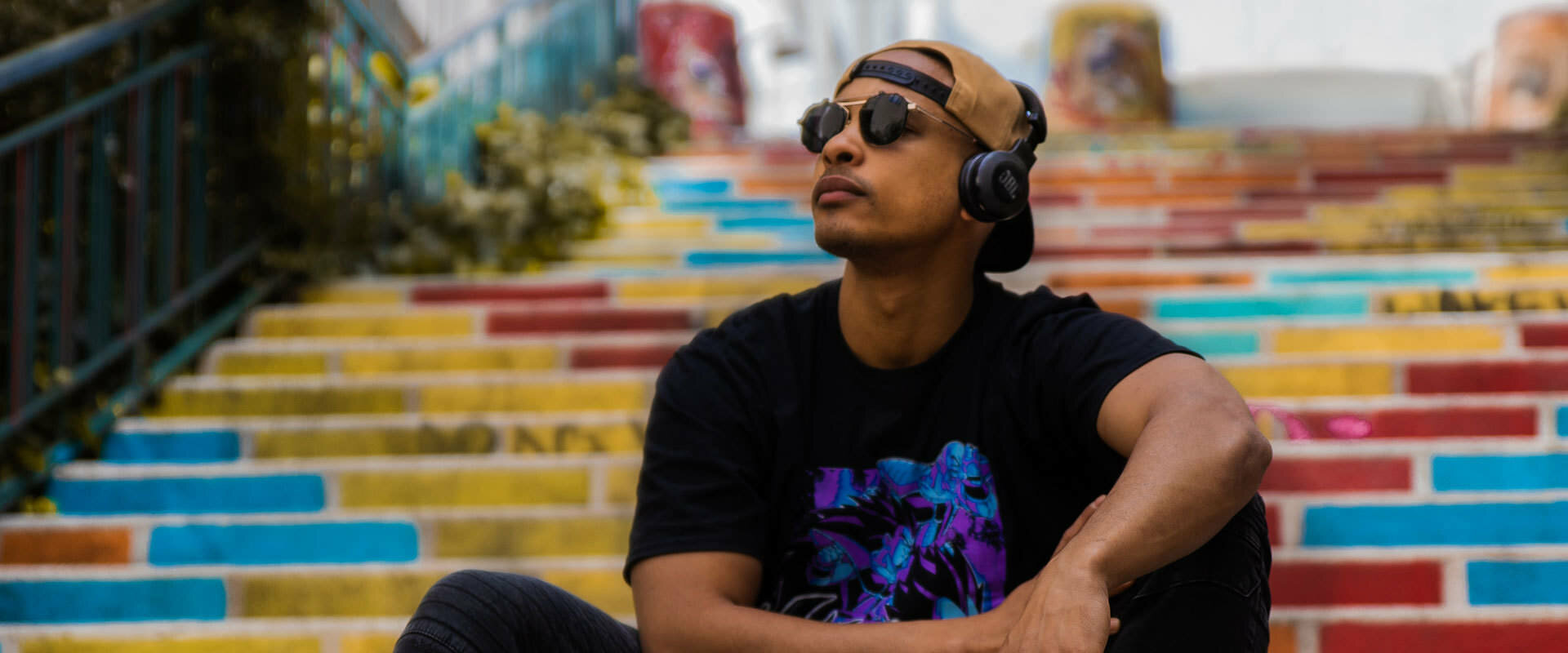The songs that take us places
If you play even just the first few chords of Use Somebody by Kings of Leon, I will immediately be transported to a poolside hostel bar in Broome, Australia, and I might just get teary-eyed from the sudden major feels. Music has an eerie connection to our deepest memories, so when you pair a song or two with those defining moments of freedom and discovery in far-flung places, you’re etching something deep down that will come back to you in the weirdest, most mundane moments for years to come.
I’m not a Kings of Leon fan. I don’t know their other songs, I’ve never seen them live or bought their albums, but that song is a big deal in my life, apparently. It was popular in Australia when I spent two months backpacking there, and so it seemed to accompany me wherever I went—background music in hostel bars, on the radio in car rental offices, playing from cars that drove past me as I explored. And it still accompanies me, I’ve since discovered again and again.
By the time I left Australia, other songs crept in and expanded the soundtrack of my travels. Not long after that trip, I made a playlist of all the songs that brought me back to the places I went. Kings of Leon shares the stage with The Who (pedestrian streets of Stuttgart), The National (dusty roads of Eastern Africa), Lady Gaga (Sydney Harbour at night), Sigur Ros (sunny summer days in Stockholm) and something called Global Deejays feat. Rozella? It doesn’t make a lot of sense, but we’re all embedded together somewhere deep in my soul, whether they or I like it or not.

Had I heard these songs back at home, going about my day-to-day life, I likely wouldn’t have registered them. Maybe I had, and I didn’t. Of course there’s some science behind this, which takes a bit of the mystery out of it, depending on how you feel about neuroscience. It’s well known that music not only lights up parts of our brains that facilitate memory recall but it also releases dopamine. As we log our travel memories—where we went, who we met, what we saw, how we felt—our brains are quick to also log the soundtrack that accompanied those moments. When we hear those songs again, they act like a finely tuned algorithm that dives straight to the memories and feelings they were stored alongside and brings them to the surface.
But it’s that surge of feelings that music is especially good at dredging up. Scientists don’t really know why music has a better tendency to recall these vivid, emotion-specific memories compared to photos, but the theory is that photos are tied more closely to explicit memories—where you were, who you were with, what you were doing. Music, on the other hand, is really connected to our implicit memories—the feelings and emotions around those experiences. Care-free nights in a hostel bar in Broome, meeting people, having fun—those feel good, they feel unique. This auditory component to implicit memory recall might be why we see the powerful effects of music on people experiencing memory loss, either as a result of an injury or age-related disorders like dementia.
On top of where and how music takes up residence in our heads, our brains are also in memory-making overdrive in our teens and 20s—something called the “reminiscence bump.” Our brains are actually more inclined to hard-code memories during these formative years, which also happen to be some popular years for getting out and seeing the world (while listening to lots of music). See what’s happening here? Studies have shown that some of our strongest music-associated memories originate in this phase of our lives.

When you’re in the midst of those big life events and logging all the details in your brain, music playing at the time is likely to be logged too, and because of how our brains respond to music, those memories are especially retrievable when those earworms make their way into our heads down the road. When that happens, your brain lights up a lot more than when you’re listening to music that isn’t associated with such significant memories. Top if off with a hit of dopamine and the whole thing can feel pretty good. We call it nostalgia.
Nostalgia, as you might have discovered, can be used for good and evil. A song is just as likely to trigger a tsunami of positive feelings about amazing travel memories as it is to rehash the devastation of a rough breakup. Some studies have shown that we tend to feel the bitterness of bittersweet nostalgia more often when we’re not content with our lives in the here and now. So while our brains dish up positive feelings about memories associated with the songs we hear, it can quickly transform into a not-so-great feeling when we start to think about those memories being forever locked in the past, especially if we start to dwell on them or intentionally subject ourselves to these feelings as an escape from present-day problems.
So depending on where you’re at in life when a special song takes you back in time (say, for example, a year into a travel-stopping pandemic), you might face some mixed feelings when your travel jam comes on. It feels kind of like homesickness for anywhere but home. But so long as we can leave the past in the past, these musical time-travelling interludes can be just the hit of dopamine we need, a feel-good reminder of not just where we went and who we met and what we did, but how truly good it felt. Fortunately, our brains’ personal playlists have unlimited space, and soon enough we’ll be back out there filling them up with more good times and random tunes.



